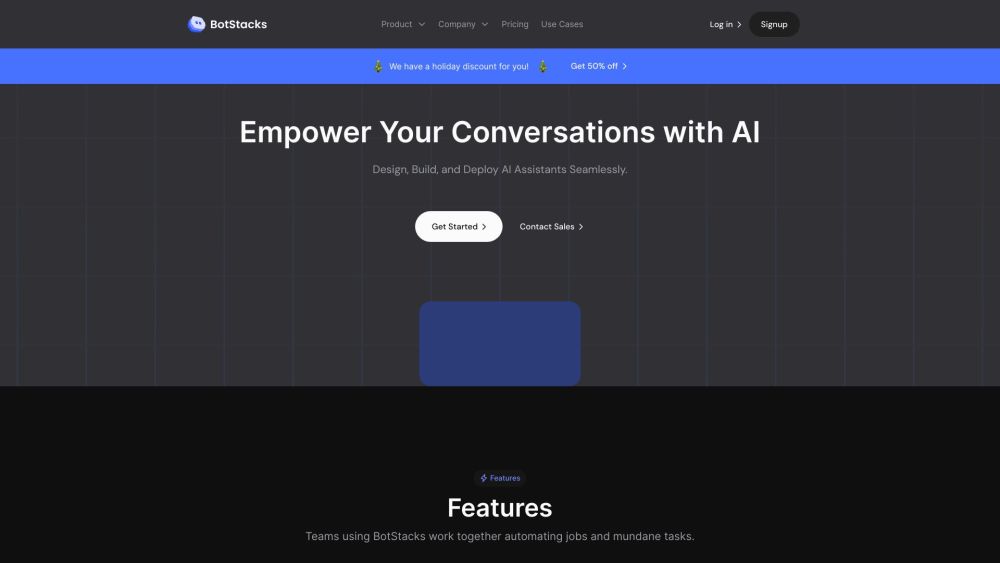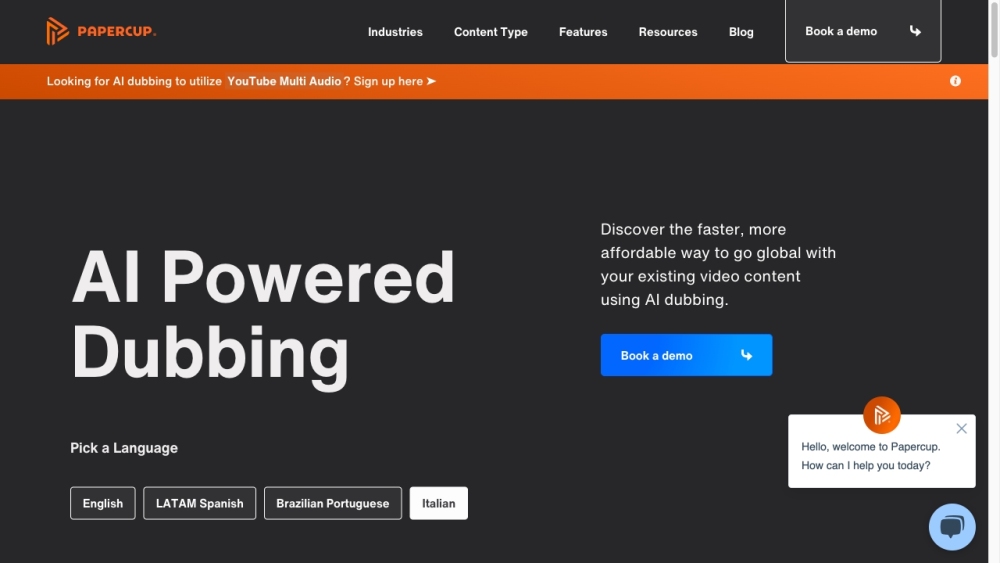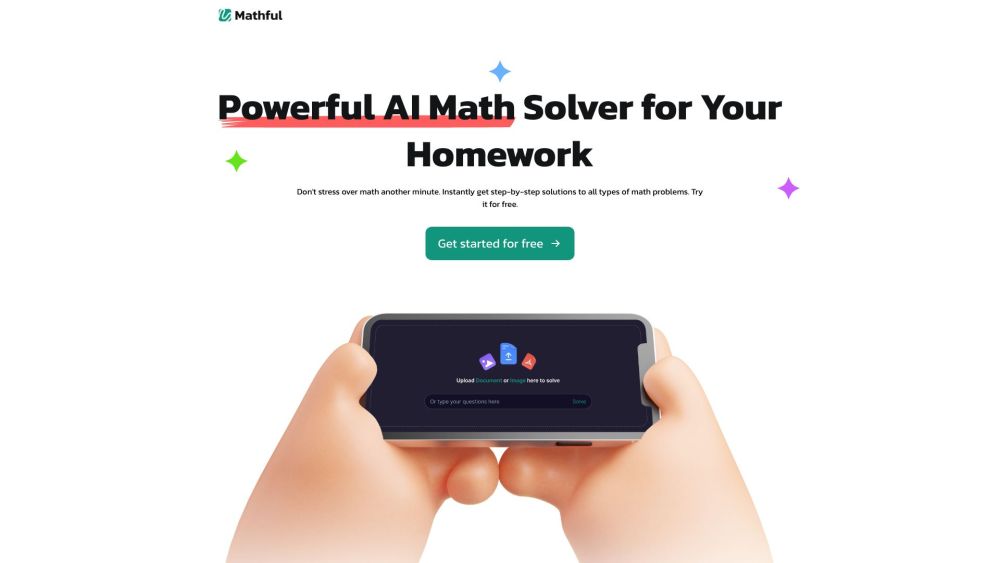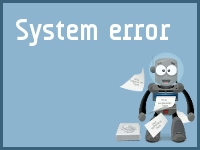OpenAI, the creator of ChatGPT and DALL-E 2, announced several key updates today. The company is introducing developer APIs for both ChatGPT and the Whisper speech-transcription model. Additionally, they revised their terms of service to allow developers to opt out of having their data used for improvements, while also implementing a 30-day data retention policy.
The new ChatGPT API utilizes the same AI model, “gpt-3.5-turbo,” as the popular chatbot. This allows developers to integrate either standard or customized versions of ChatGPT into their applications. Examples include Snap's My AI, a new virtual tutor feature in Quizlet, and the upcoming Ask Instacart tool for local shopping. Importantly, the API isn’t limited to chat-based applications; it can enhance various software experiences that can benefit from AI advancements.
Pricing for the ChatGPT API is set at $0.002 per 1,000 tokens (approximately 750 words). For developers anticipating higher usage, OpenAI offers a dedicated-capacity option. These developer tools complement the consumer-facing ChatGPT Plus, which costs $20 per month.
OpenAI’s Whisper API serves as a hosted version of its open-source Whisper speech-to-text model. According to OpenAI president Greg Brockman, the initial model release did not spur adequate development within the ecosystem. The Whisper API, optimized for speed and convenience, offers robust transcription services in multiple languages, with a cost of $0.006 per minute for developers.
The company also made adjustments to its developer terms in response to customer feedback regarding privacy and security. Unless developers opt in, OpenAI will no longer use data submitted through the API for service improvements in AI training. The 30-day data retention policy is complemented by stricter retention options tailored to user needs. Additionally, OpenAI clarified that users retain ownership of the input and output generated by the models.
Lastly, OpenAI will transition from a pre-launch review process for developers to a largely automated system. This change aims to streamline approvals, given that the majority of applications were already granted approval during previous vetting. Brockman stated, “Our mission is to build a platform that others can use to create their businesses.”





